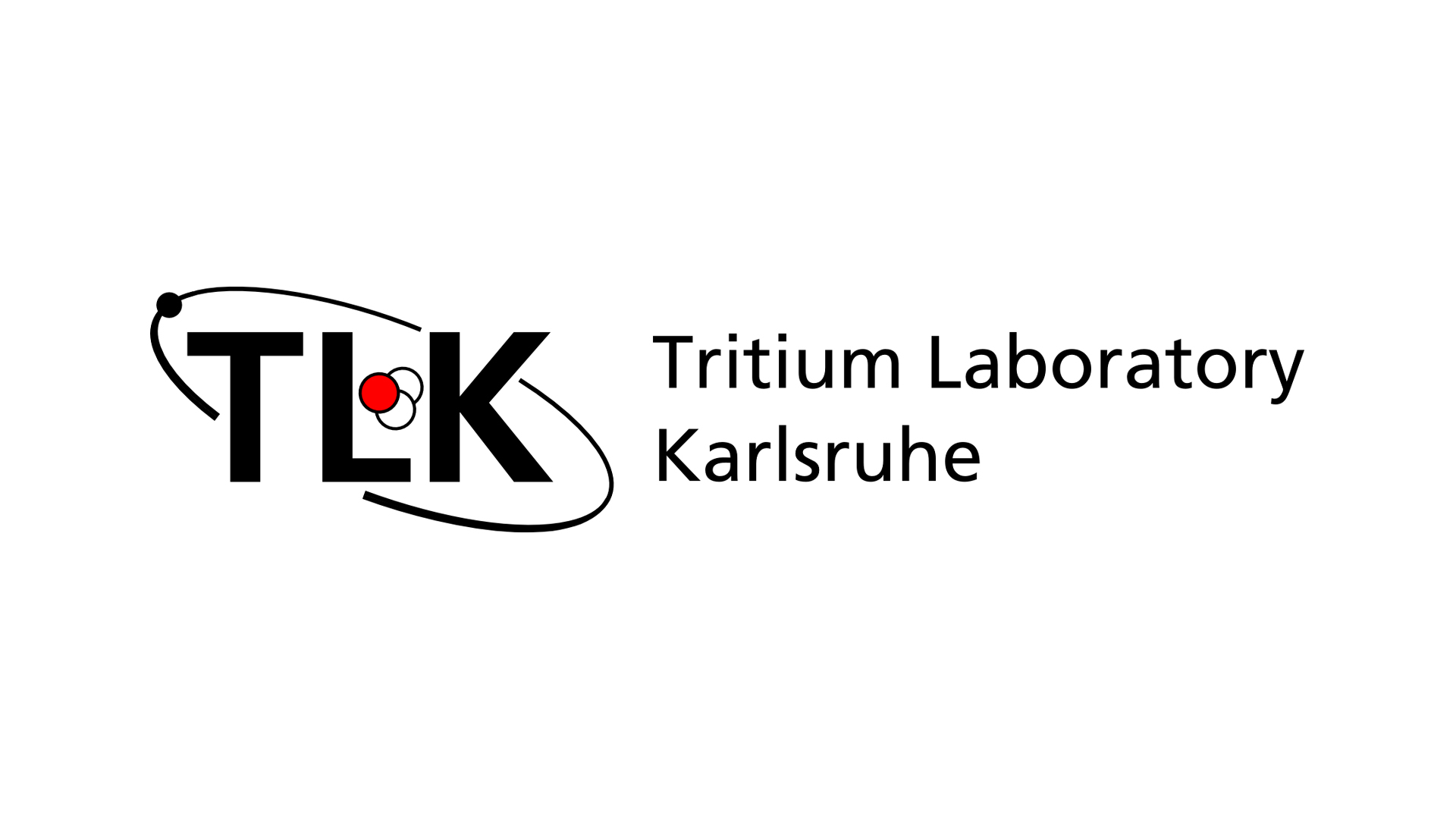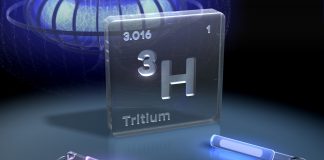For over three decades, the Tritium Laboratory Karlsruhe (TLK) has been at the forefront of the development of tritium technology for astroparticle physics experiments and for the fuel cycle for nuclear fusion reactors.
Tritium, the superheavy hydrogen isotope, is elemental for the advancement of commercial fusion power due to its role in the envisioned deuterium-tritium fusion reaction, which promises limitless, clean energy.
Unlike stable protium and deuterium, tritium is radioactive, with a half-life of 12.3 years, and must be artificially produced in nuclear reactions. The radioactive nature of this gas demands stringent rules and procedures for safe handling.
A unique large-scale research laboratory for tritium
The Tritium Laboratory Karlsruhe (TLK) at the Karlsruhe Institute of Technology (KIT), Germany, has been at the forefront of tritium research for over 30 years. Established in the early 1990s, TLK focuses on developing the deuterium-tritium fuel cycle technologies essential for nuclear fusion.
With a handling license for 40 grams of tritium and a closed tritium cycle which allows to recuperate all tritium from any experiments at virtually no losses, TLK stands out globally for its extensive facilities and broad expertise. The lab’s infrastructure supports numerous high-purity tritium experiments, facilitated by over 20 specialised gloveboxes within a 1600 m² area.
A diverse team of about 50 scientists, engineers, technicians, students and administrative staff is running the infrastructure and conducting research.
Innovative research at the Tritium Laboratory Karlsruhe
TLK’s notable achievements include contributions to the ITER project and hosting the Karlsruhe Tritium Neutrino Experiment (KATRIN), which has gained international recognition for its work in direct neutrino mass measurement.
As of mid-2024, KATRIN has completed over 1000 days of tritium circulation, handling a total of tens of kilograms of tritium at the highest purity.
Beyond that, TLK is advancing the development of a novel source for upcoming neutrino mass experiments centred around a large accumulation of magnetically trapped tritium atoms.
Fusion-related research at the TLK is organised into four strategic areas:
- Tritium properties and material interactions: This area focuses on understanding tritium’s physical and chemical properties, including its viscosity and solubility in materials, which are critical for designing fusion reactor components.
- Tritium and hydrogen analytics and accountancy: TLK develops advanced analytical methods and comprehensive accountancy strategies to accurately monitor and manage tritium in fusion reactors, which is essential for regulatory compliance.
- Tritium qualification of processes and scaling-up of systems: The laboratory bridges the gap between small-scale experiments and industrial-scale applications, developing technologies like permeation barriers and isotope separation systems to enhance tritium recycling.
- Tritium decontamination, safety and waste management: TLK is pioneering end-of-life solutions for tritium-contaminated components, including UV/ozone cleaning and advanced vacuum furnace treatments to minimise waste.
TLK is a crucial player in European tritium research, dedicated to solving fundamental challenges and developing technologies for a safe, efficient, and economical tritium fuel cycle.
In addition to driving forward technological research, TLK is dedicated to training and building the knowledge of the future workforce and tritium experts today.
TLK’s work is vital as the world moves towards the commercial realisation of fusion energy as a partner for public and private research.
RESEARCH INTERESTS
- Tritium handling
- Tritium properties and material interactions
- Tritium and hydrogen analytics and accountancy
- Tritium qualification of processes and scaling-up of systems
- Tritium decontamination, safety and waste management
- Tritium-based neutrino mass experiments



